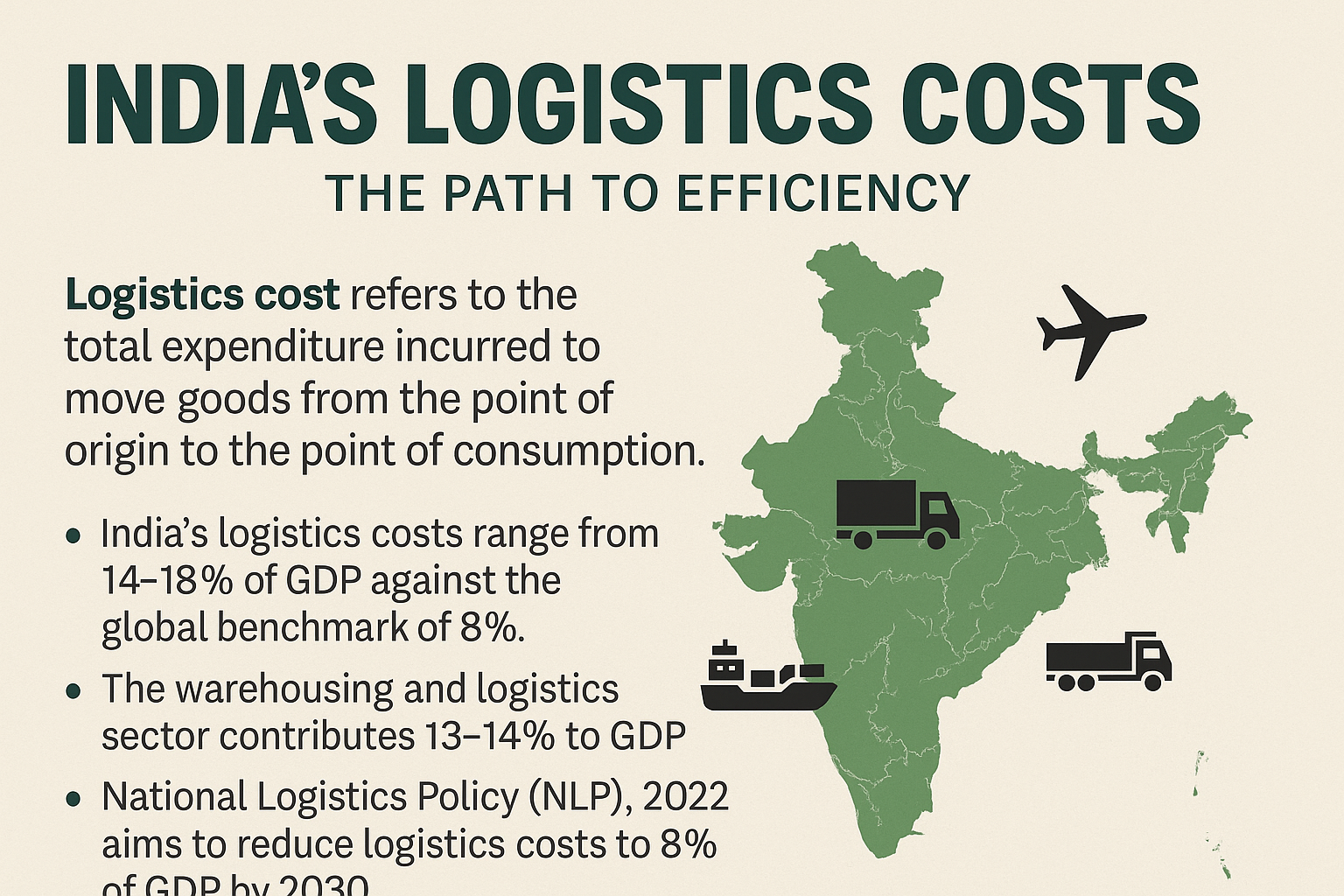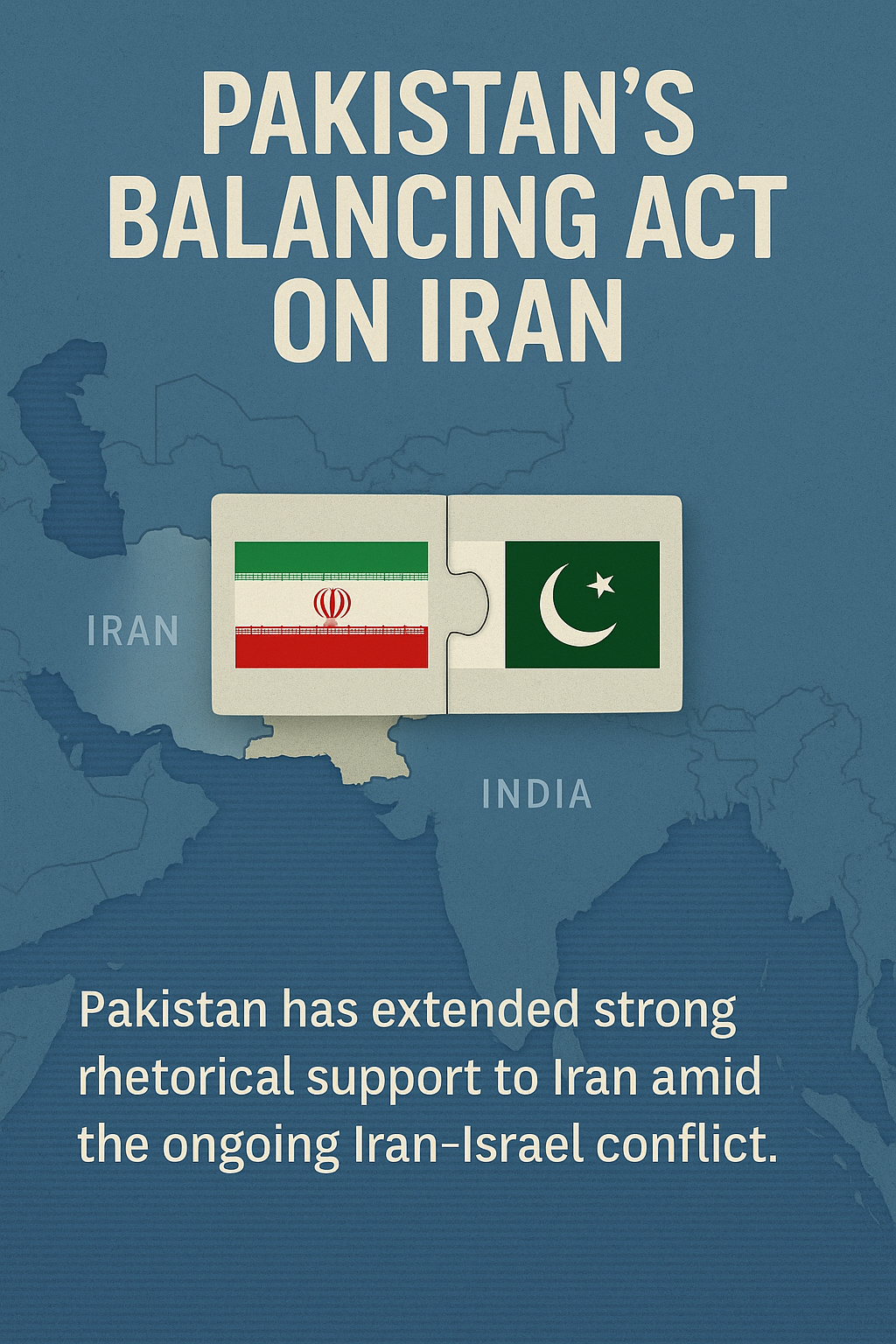225.
⚖️ Law & Justice
🏛️ Supreme Court Ruling on PMLA Bail – Shashi Bala Case Rekindles Debate on Gender and Legal Exceptions
In a significant legal development, the Supreme Court of India addressed the Enforcement Directorate’s (ED) interpretation of bail conditions under the Prevention of Money Laundering Act (PMLA), 2002, while granting bail to Shashi Bala, a teacher accused in a major money laundering case.
The ruling spotlighted the statutory exception for women, stirring renewed discussion on bail jurisprudence, gender equity, and due process under stringent economic laws.
💼 What is the PMLA?
- Full Name: Prevention of Money Laundering Act, 2002
- Purpose:
- Combat money laundering
- Empower authorities to confiscate assets linked to financial crimes
- Scope:
- Covers financial institutions
- Mandates reporting of suspicious transactions
- Enforces penalties including fines and imprisonment
It has become one of India’s most powerful financial crime laws, especially in high-value investigations.
📜 Section 45 – Bail Provisions Under PMLA
- Bail under PMLA is governed by Section 45, which imposes:
- Twin conditions:
- Court must believe the accused is not guilty
- Court must believe they are not likely to re-offend
- Twin conditions:
- Exceptions:
- The stringent rules do not apply to:
- Women
- Minors
- The infirm
- Bail may be granted at the discretion of the Special Court
- The stringent rules do not apply to:
👩🏫 Shashi Bala Case Overview
- Accused of: Assisting Rasheed Naseem (Shine City Group) in laundering ₹800–1000 crore
- Arrested: November 2023
- High Court Decision: Bail denied by Allahabad High Court citing her proximity to the primary accused
⚖️ Supreme Court Ruling – Upholding Legal Exceptions
- Date: January 15, 2025
- Verdict: Bail granted to Shashi Bala
- Reasoning:
- Criticised ED’s narrow interpretation of the legal exception for women
- Reaffirmed that gender-based statutory exceptions are valid and must be honoured
- Remark: Legal professionals must fully understand statutory safeguards, especially when they concern personal liberty
📚 Legal Precedent – Preeti Chandra Bail (2023)
- The Delhi High Court had earlier ruled that:
- PMLA does not create subcategories of women
- All women are entitled to exception under Section 45(1), regardless of their alleged role
This established clarity and uniformity in applying the exception to women under PMLA.
⚠️ Concerns Over the PMLA
- Overbroad definitions:
- “Proceeds of crime” remains vague and expansive
- Burden of proof:
- Falls on the accused, reversing the usual presumption of innocence
- Criticism:
- Opens door to misuse
- Undermines fair trial rights
- Expands ED’s discretionary power without sufficient oversight
🔁 Recent Amendments – Toward Clarity and Compliance
- Clarified that money laundering is a standalone offence
- Better defined the term “proceeds of crime”
- Aligns with international standards on financial transparency and anti-corruption
While improvements have been made, legal experts argue more refinements are needed.
🔄 Proposed Reforms
- Rebalance the burden of proof
- Narrow definitions to reduce misuse
- Strengthen judicial oversight over ED actions
- Increase transparency in investigations
- Promote public awareness on legal safeguards under PMLA
🧭 Judicial Perspectives – Liberty at the Core
- Courts have reiterated:
- Bail is the rule, jail is the exception
- Personal liberty must not be denied casually under stringent laws
- Bail decisions must weigh:
- Individual rights
- Public interest
- Legal consistency
🕯️ Laws may be strong, but their application must always be just—especially when liberty is at stake.















